
Dr Ross Pollock
Senior Lecturer in Aerospace Physiology
Biography
Dr Ross Pollock is a Senior Lecturer in Aerospace Physiology in the Centre of Human & Applied Physiological Sciences (CHAPS) within the Faculty of Life Science and Medicine. His multi-disciplinary research spans each of the research theme within CHAPS: (i) Muscle Form & Function, (ii) Aerospace Medicine and Physiology, (iii) Movement Function & Behaviour, and (iv) Respiratory Physiology & Medicine. He is also the Co-Director for the postgraduate Aerospace Medicine courses, while also contributes to the MSc in Human and Applied Physiology and BSc in Sport and Exercise Medical Sciences.
Ross holds a BSc (First class, Hons) in Sport and Exercise Science and an MSc in Bioengineering from the University of Strathclyde. He completed his PhD entitled “Physiological and Clinical Studies on the Effects of Whole Body Vibration” under the supervision of Prof Di Newham and Dr Finbarr Martin at King’s College London. His post-doctoral investigated the healthy ageing process through the study of highly active older adults and was completed under the supervision of Prof Stephen Harridge at King’s College London.
Ross worked at QinetiQ for 4 years following his post-doctoral studies in their Human Performance and Flight Physiology Groups. During his time at QinetiQ, he primarily worked on projects investigating long duration acceleration at the Farnborough Centrifuge. In addition, he conducted work related to aircrew performance in altitude and thermal chambers and also to understand musculoskeletal injury in aircrew.
Research interests
Ross is interested in understanding healthy ageing and the physiology that contributes to our decline in function and muscle mass as we age. In particular, he is interested in the role that exercise and (in)activity have in maintaining our function and performance for both healthy and clinical populations. Ross also conducts aerospace physiology related research investigating the effects that long duration acceleration, studied using human centrifuges, can have on the body and how we can protect and enhance aircrew performance in these environments.
Research
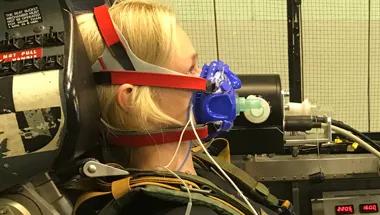
Aerospace Medicine and Extreme Physiology Research Group
Understanding physiological responses to aviation and space flight and their medical implications.
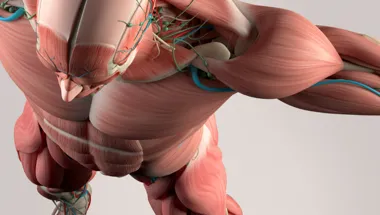
Muscle: Form and Function
The Muscle: Form and Function group is made up of biomedical scientists and physiologists whose research programmes range from cell and molecular biology and physiology to whole-body systems and integrative physiology
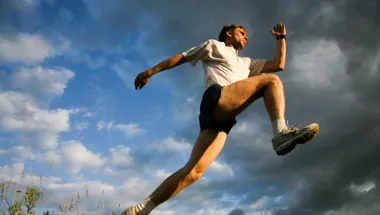
Neural Control of Human Movement
The Neural Control of Human Movement Research Group investigates the relationship between neurophysiological function and human movement.
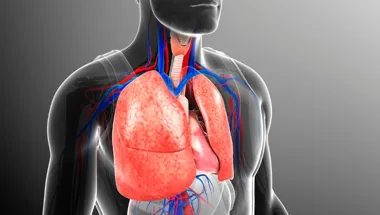
Respiratory Physiology & Medicine
This group aims to improve clinical care through a better understanding of respiratory physiology in health & disease
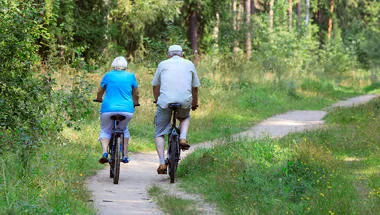
Centre for Ageing Resilience In a Changing Environment - CARICE
Welcome to the KIng's Centre of Excellence for Ageing Resilience in a Changing Environment: CARICE

The Spacesuit Physiology Laboratory (SPL)
Our vision is to be the European leader for human research and technology development and go to place for human research that impacts the system requirements, design, certification, training and operation of spacesuits, vehicles, robotics, and habitats for off-world living and exploration.
News
Physiology graduates contribute £22.6 billion to the UK economy every year
King's Centre for Human & Applied Physiological Sciences contributed to report launched in parliament today

Researchers awarded £1.3m to study the physiology of healthy human ageing
A team from the Centre for Human & Applied Physiological Sciences has been awarded a grant by Nadace The JetBrains Foundation, to explore the effects of...
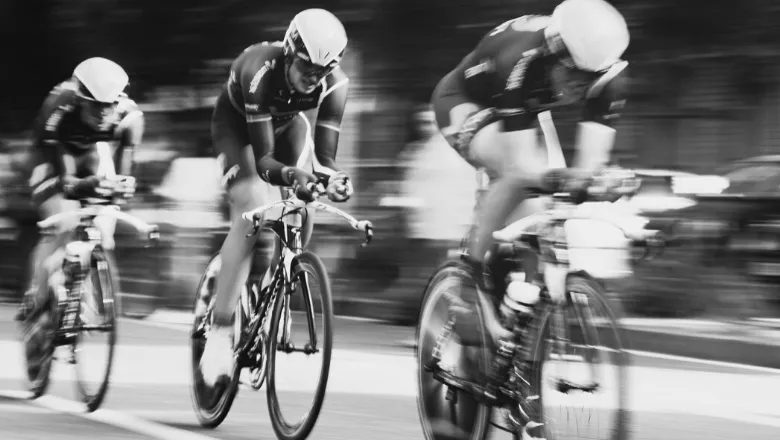
Spotlight
Aircrew conditioning programme aids pilots in their fight against high G forces.
Researchers at the Centre for Human & Applied Physiological Sciences at King’s, in close partnership with the RAF Centre of Aviation Medicine, and Squadron...
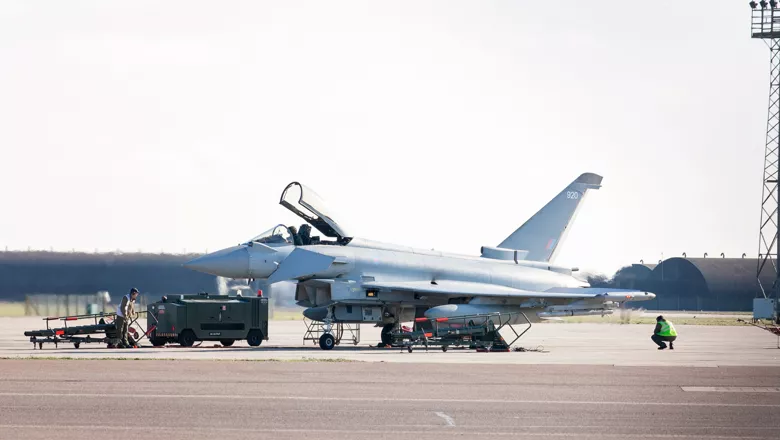
Research

Aerospace Medicine and Extreme Physiology Research Group
Understanding physiological responses to aviation and space flight and their medical implications.

Muscle: Form and Function
The Muscle: Form and Function group is made up of biomedical scientists and physiologists whose research programmes range from cell and molecular biology and physiology to whole-body systems and integrative physiology

Neural Control of Human Movement
The Neural Control of Human Movement Research Group investigates the relationship between neurophysiological function and human movement.

Respiratory Physiology & Medicine
This group aims to improve clinical care through a better understanding of respiratory physiology in health & disease

Centre for Ageing Resilience In a Changing Environment - CARICE
Welcome to the KIng's Centre of Excellence for Ageing Resilience in a Changing Environment: CARICE

The Spacesuit Physiology Laboratory (SPL)
Our vision is to be the European leader for human research and technology development and go to place for human research that impacts the system requirements, design, certification, training and operation of spacesuits, vehicles, robotics, and habitats for off-world living and exploration.
News
Physiology graduates contribute £22.6 billion to the UK economy every year
King's Centre for Human & Applied Physiological Sciences contributed to report launched in parliament today

Researchers awarded £1.3m to study the physiology of healthy human ageing
A team from the Centre for Human & Applied Physiological Sciences has been awarded a grant by Nadace The JetBrains Foundation, to explore the effects of...

Spotlight
Aircrew conditioning programme aids pilots in their fight against high G forces.
Researchers at the Centre for Human & Applied Physiological Sciences at King’s, in close partnership with the RAF Centre of Aviation Medicine, and Squadron...

